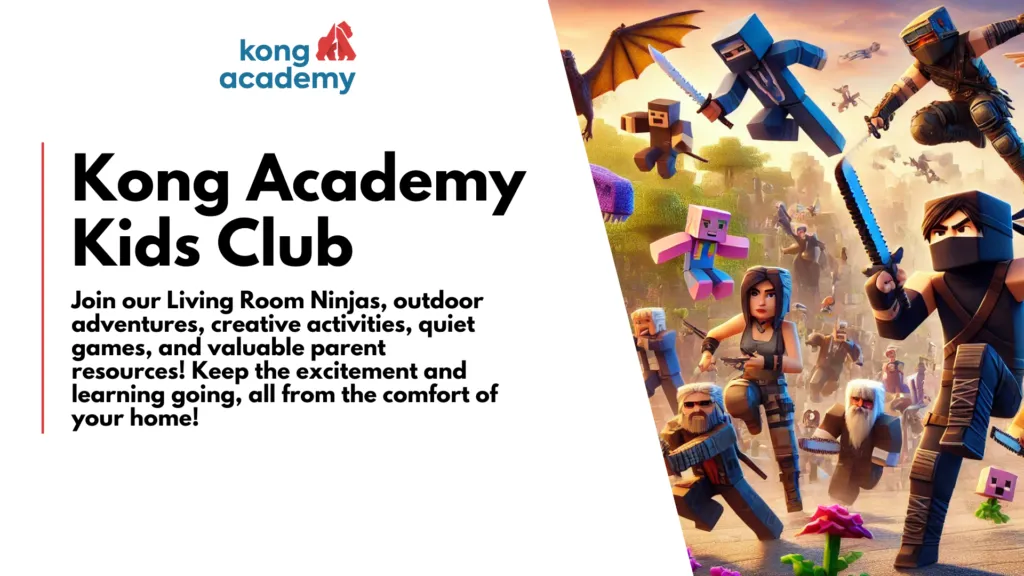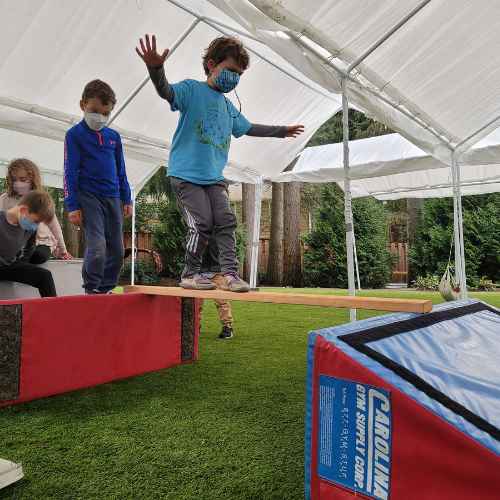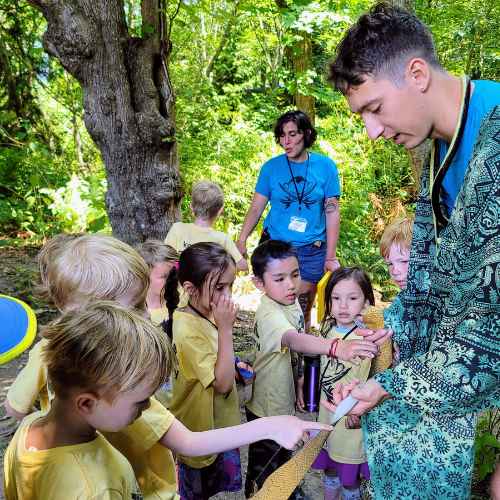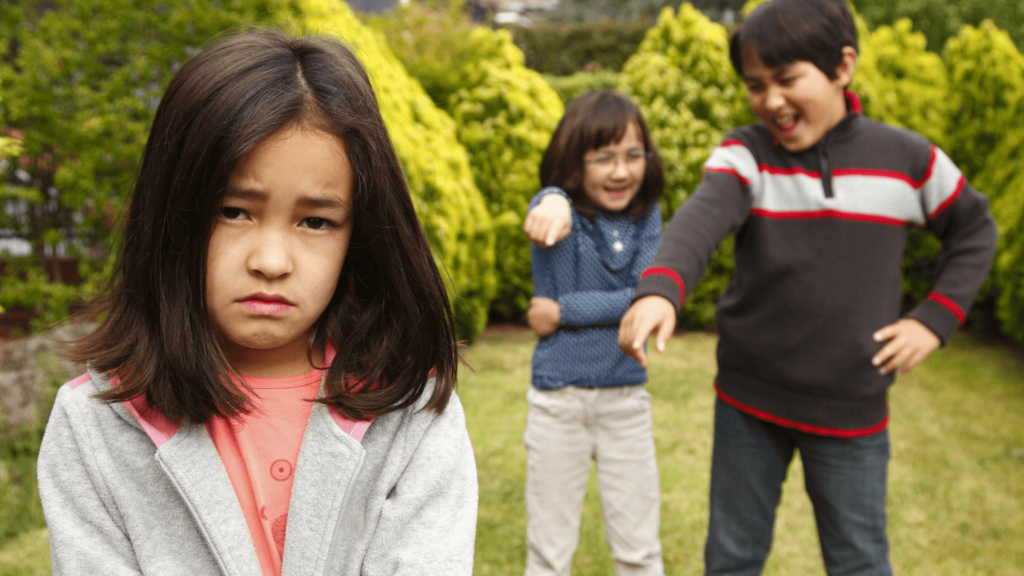
Ever watch your kid shove a friend over a LEGO and think, Oh no, I’m raising a tiny supervillain? Or maybe they’ve said something so cutting on the playground that you had to do a double take—like, did that actually come out of my sweet child’s mouth? If so, take a deep breath. You’re not alone. And more importantly, your kid isn’t broken.
Being mean—especially in childhood—is something all humans wrestle with at some point. It’s part of how we figure out social rules, power dynamics, and, well… life. But where does this behavior actually come from? And when do we finally outgrow it?
Why Are Humans Mean In The First Place?
Meanness isn’t some weird defect in our kids. It’s wired into us as part of our evolution. Humans are social creatures, but we didn’t get here by just being nice all the time. Our ancestors had to compete for resources, defend themselves, and establish their place in the group. That survival instinct? It’s still in us—just playing out in preschool arguments instead of hunting grounds.
Kids, much like adults, navigate social situations by testing behaviors and seeing what happens. Sometimes, those tests involve pushing boundaries—literally and figuratively. An impulsive grab, a harsh word, a power struggle over a toy.
They’re figuring out where they fit, what they can get away with, and how their actions affect others. The prefrontal cortex—the part of the brain that helps regulate impulses and think through consequences—is still under construction, meaning they’re acting on instinct more than logic.
But is it just a phase? Mostly, yes. Research from the Yale Center for Emotional Intelligence suggests that as kids grow, they develop stronger emotional regulation and a greater capacity for empathy. However, the lessons they learn along the way—from their parents, teachers, and peers—shape how quickly they get there. Left unchecked, patterns of meanness can solidify into habits.
That’s where our role comes in: guiding them toward healthier social skills before those habits stick.
What Causes A Child To Be Mean?
Not all meanness is created equal. Some kids act out because they lack social skills. Others are overwhelmed by big emotions they don’t know how to process. Then there are kids who act mean as a way to gain power or attention, often mimicking behaviors they’ve seen at home or at school.
A child who struggles with impulse control may blurt out hurtful words without intending harm. Another who feels insecure might try to tear others down to lift themselves up. Stress at home—divorce, a new sibling, academic pressure—can spill over into friendships, making kids more irritable or aggressive. It’s not about labeling kids as “bad” but understanding why they’re acting this way.
When Your Child Is the One Being Mean
If your child is struggling with kindness, the instinct might be to scold, punish, or force an apology. But meanness isn’t “fixed” by simply telling a child to stop—it’s addressed by helping them understand why their actions hurt others and giving them the tools to do better. At Kong Academy, we use play as a vehicle for social learning.
- Games like obstacle courses and teamwork challenges create natural opportunities for kids to practice fairness, patience, and cooperation in a way that sticks.
Rather than just saying, “That was mean. Say sorry,” try coaching them through the moment. “I saw you grab that toy. What happened? How do you think your friend felt? What could you do differently next time?”
- Kids need guidance to connect the dots between their actions and their impact on others. And most importantly, they need chances to practice kindness—because it’s a skill, just like riding a bike.
When Your Child Is on the Receiving End of Meanness
Have you ever noticed your child repeatedly coming home upset after spending time with a particular friend? Many parents struggle with this situation—watching their child experience ongoing conflicts, yet unsure of how to step in.
Parents often share stories of their child returning from playdates feeling hurt and confused, describing incidents where a friend was unkind or dismissive. The issue wasn’t a one-time misunderstanding—it was a pattern.
When a child is consistently unkind, it often reflects a lack of boundaries or consequences at home. Which raises an even tougher question: What do you do when your kid is on the receiving end of meanness?
It’s a painful position to be in—your child wants to play, but they’re hurt every time they do.
- Teaching kids how to handle mean behavior without simply telling them to “ignore it” is crucial. Ignoring doesn’t teach resilience—it teaches passivity. Instead, help your child set boundaries. “If someone keeps being mean to you, you don’t have to keep playing with them.” Role-playing different responses can also build confidence: “If she says something hurtful, what could you say back? How can you stand up for yourself?”
If the issue involves a close friend’s child, an honest but gentle conversation might be needed. “Hey, I’ve noticed our kids aren’t getting along lately. Have you seen this, too?” Approaching it as a mutual problem-solving conversation rather than an accusation keeps the door open for resolution.
The Frenemy Effect: When A Friendship Turns Sour
Some kids aren’t consistently mean, but their kindness comes in waves. One day they’re best friends; the next, they’re being cruel. This “frenemy” cycle can be confusing for young kids, who may not understand why a friend is suddenly treating them differently. Often, these shifts happen due to competitiveness, jealousy, or changing social dynamics—perhaps a child is feeling left out or insecure and lashes out as a defense mechanism.
Helping kids recognize the signs of a healthy friendship is key
- If a friend regularly makes them feel bad about themselves, excludes them, or is only kind when it’s convenient, it might not be a friendship worth keeping. Teach your child to ask themselves, “Do I feel good about myself when I’m with this person?” If the answer is no more often than yes, it’s a sign they may need to step back.
At Kong Academy, we encourage teamwork-based activities that show kids what real friendship feels like—mutual support, encouragement, and cooperation. When kids experience positive social interactions, they start to recognize when something feels off in a friendship.
We also help children develop the confidence to walk away from toxic relationships and build connections with friends who truly value them.
Raising Kinder Kids, One Playtime At A Time
Being mean to children is a sign that they are still learning, not that they have failed.
With patience, practice, and the right experiences, they develop empathy, self-control, and kindness. At Kong Academy, we believe the best way to teach these skills is through play—where teamwork, problem-solving, and emotional intelligence happen naturally.
Your kid isn’t mean. They’re learning. And with the right tools and guidance, they’ll grow into the kind of friend you hope for them to be.
GET Access to the ULTIMATE PLAY DATE PACKAGE (Value: $49) for FREE!
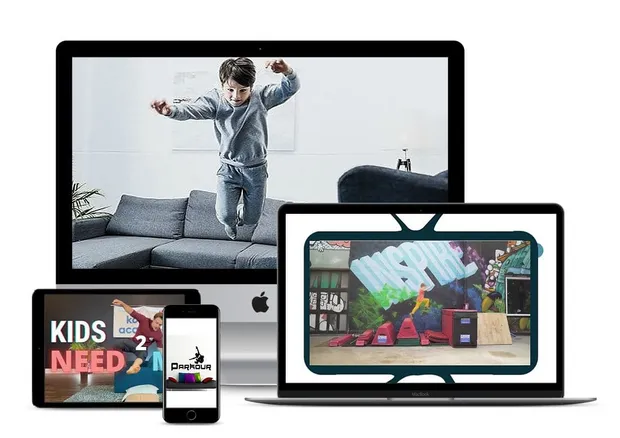
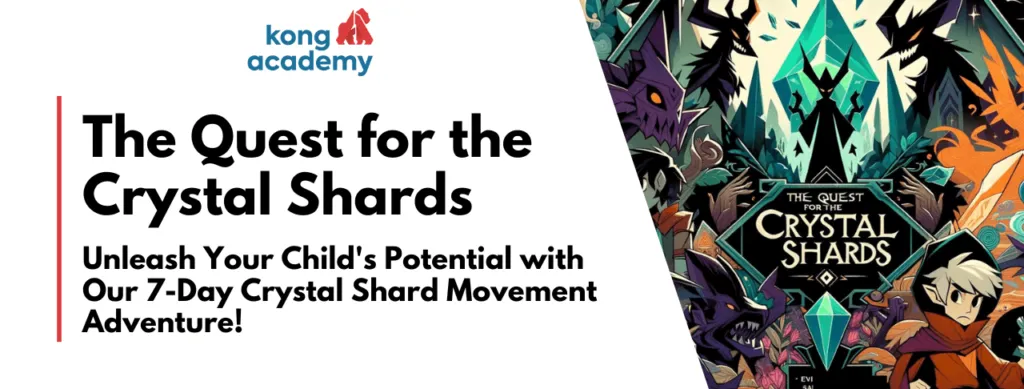
7-Day Crystal Shard Adventure
Unleash your child’s potential with our 7-day crystal shard movement adventure!

